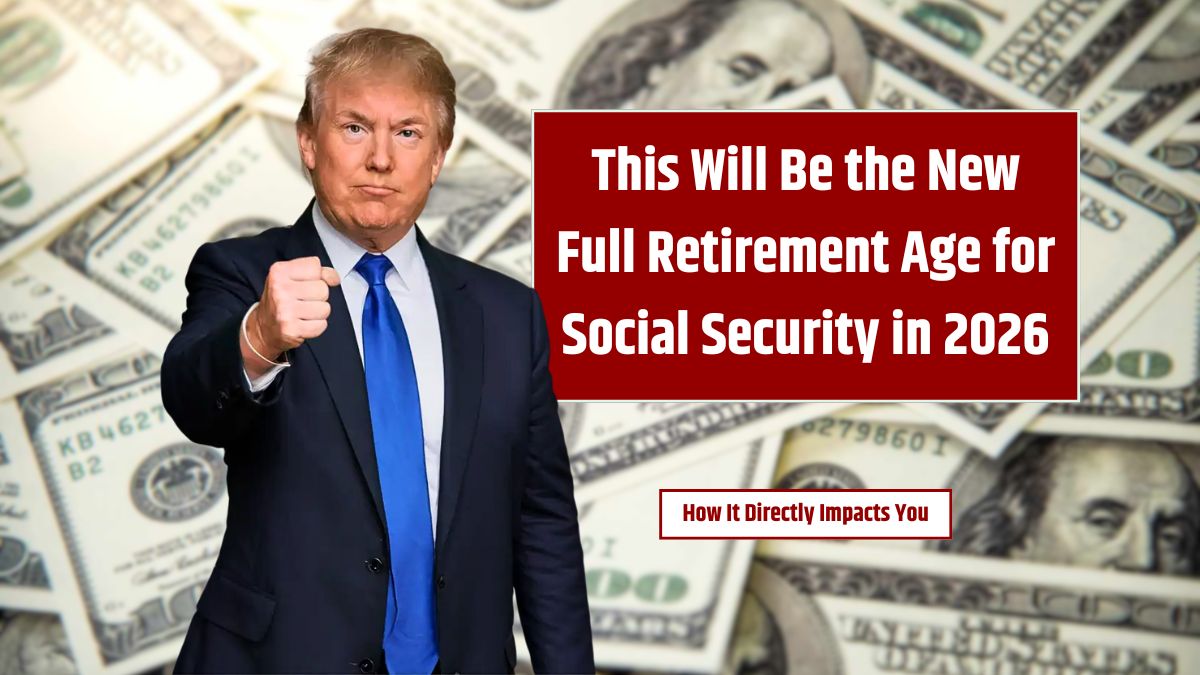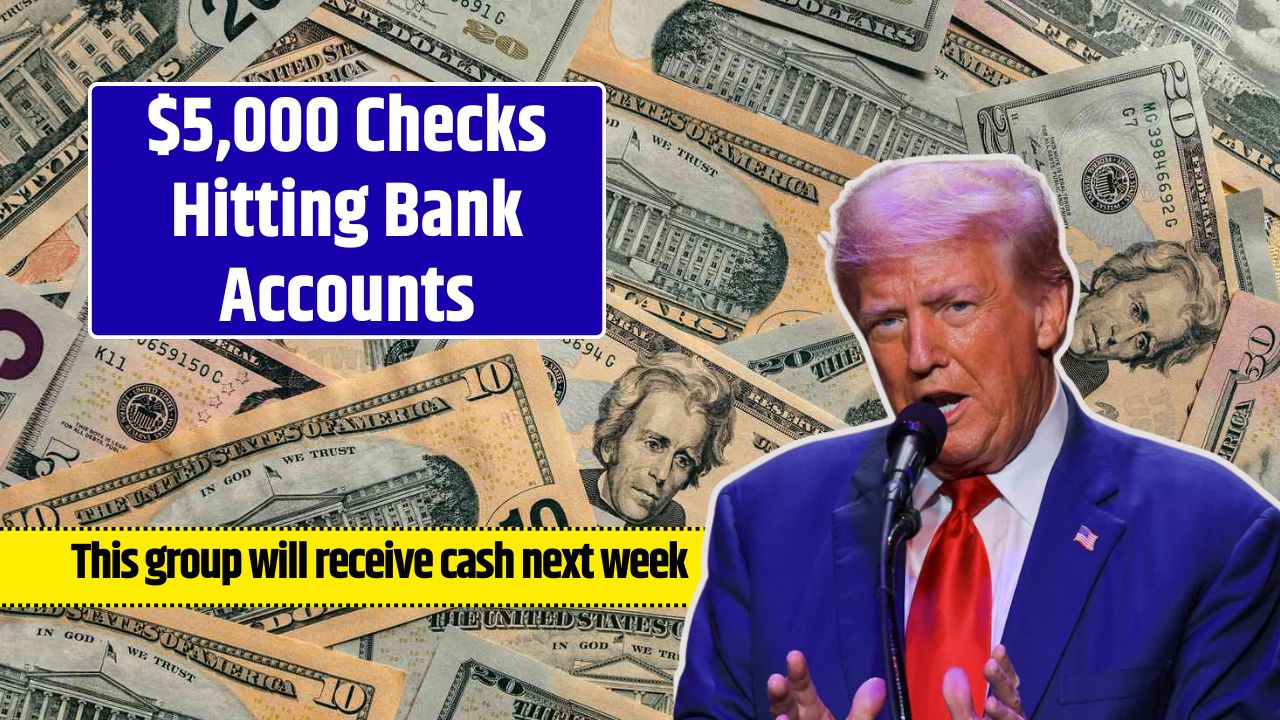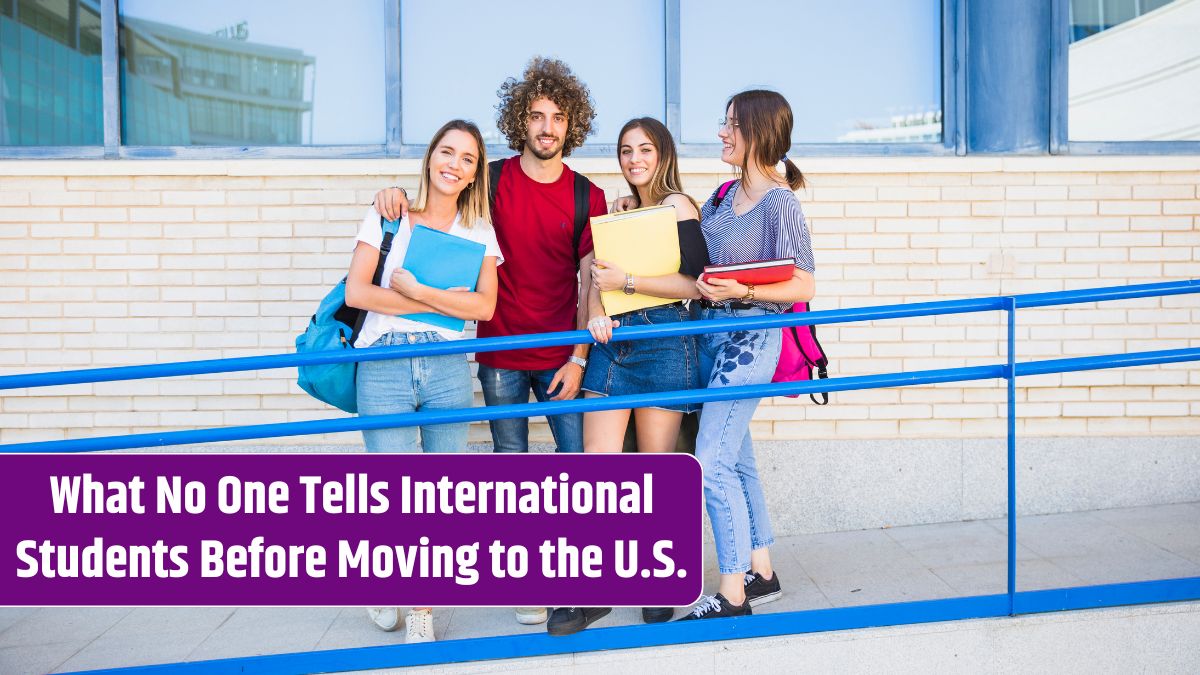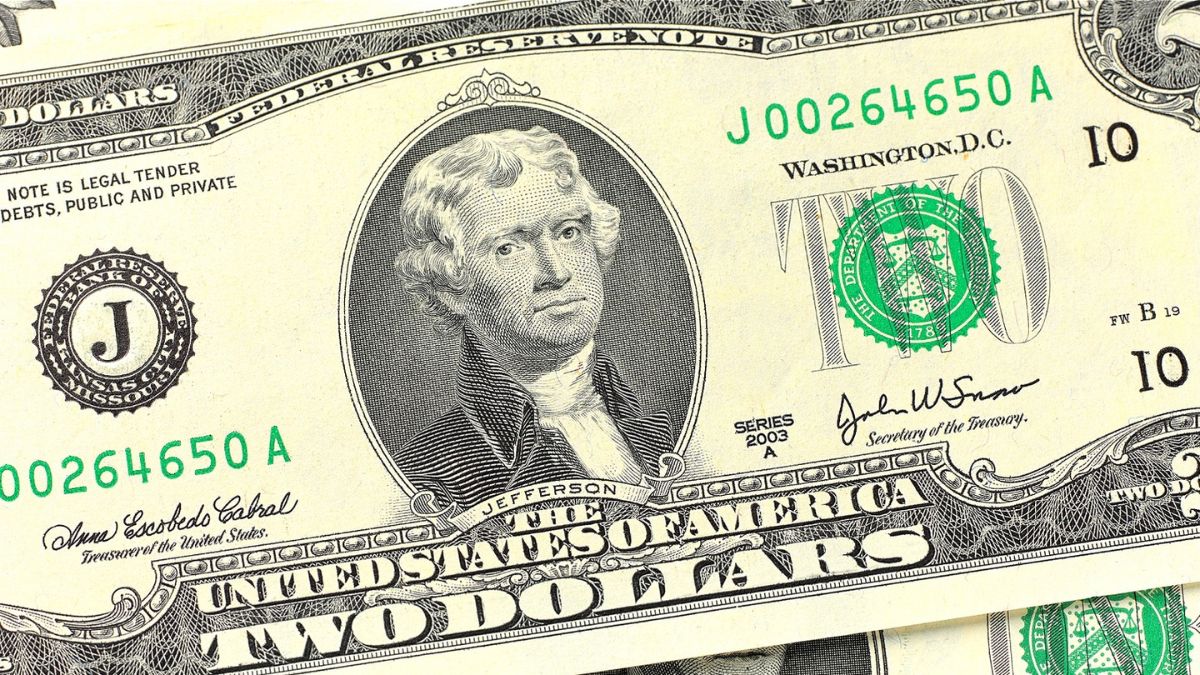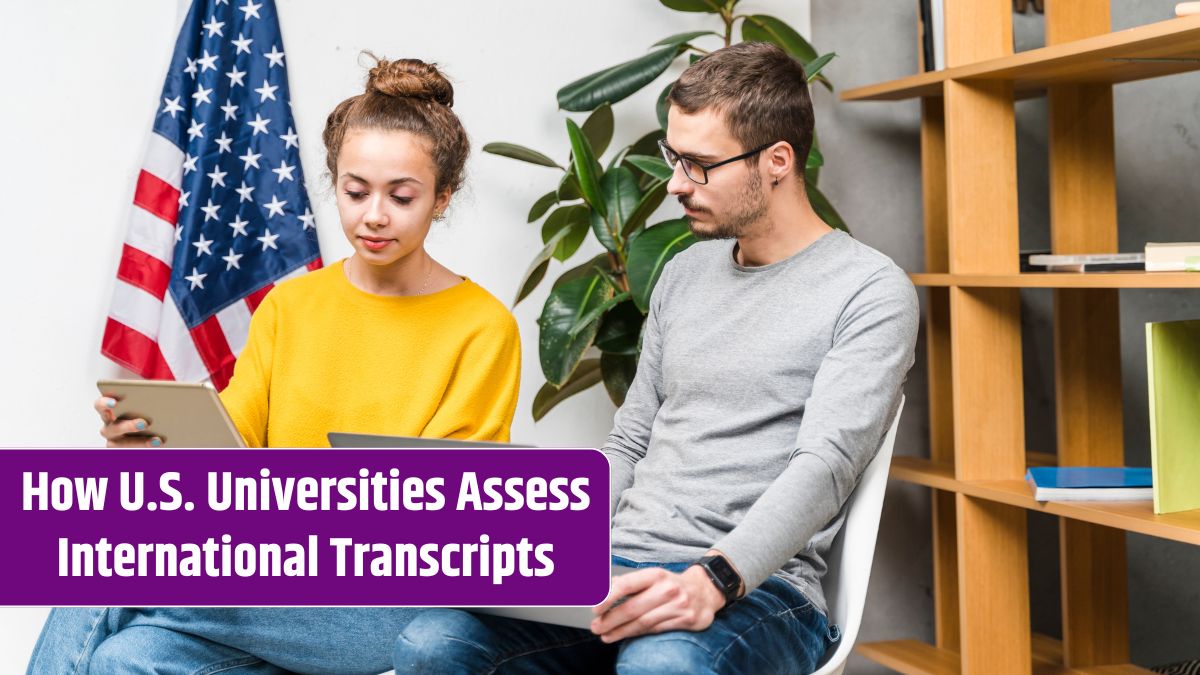A heated legal battle is unfolding between Harvard University and former President Donald Trump, as a federal judge in Boston temporarily blocked a proclamation that would have barred foreign students from entering the United States to study at the Ivy League institution. The move came as part of a larger clash between the Trump administration and one of the nation’s most prestigious universities, raising key questions about immigration, academic freedom, and political retaliation.
Table of Contents
Blocked
On June 5, U.S. District Judge Allison Burroughs granted Harvard a temporary restraining order halting Trump’s directive. The order was just two pages long but carried heavy implications. According to Burroughs, enforcing the proclamation would cause “immediate and irreparable injury” to both Harvard and its international students—long before the courts could fully review the case.
This wasn’t the judge’s first time siding with Harvard. Just a few weeks earlier, she had also blocked a separate Trump order aimed at prohibiting the university from enrolling new international students, who make up over a quarter of Harvard’s student body.
Conflict
Harvard amended its existing lawsuit on June 5 to include the latest Trump directive. The university argued that the president was ignoring the court’s previous ruling and unlawfully targeting the institution. “Without its international students, Harvard is not Harvard,” the school wrote in its filing.
Harvard’s legal team claims the proclamation violates federal law by failing to prove that international students are a threat to national interests. They also pointed out that the order doesn’t ban students from entering the U.S. entirely—just from attending Harvard.
Politics
The tension seems deeply political. The Trump administration has painted Harvard as a “hotbed of anti-American, anti-Semitic, pro-terrorist agitators,” a claim the university strongly denies. White House spokesperson Abigail Jackson went even further, accusing Harvard of undermining the U.S. student visa system and threatening national security.
Harvard sees it differently. The university contends the administration is retaliating because Harvard refuses to allow the federal government to interfere with its curriculum, faculty decisions, and campus culture.
Visa
The core issue at stake is the status of Harvard’s Student and Exchange Visitor Program (SEVP) certification, which allows the school to host international students. On May 22, Homeland Security Secretary Kristi Noem abruptly revoked that certification, only to backtrack and instead pursue a longer administrative review after Burroughs intervened.
But the threat still looms. Trump’s proclamation suggested not just a ban on new visas but even the revocation of current ones, which could mean deportation for students already in the country.
Claims
In the proclamation, Trump cited supposed national security concerns and claimed Harvard had “extensive entanglements with foreign adversaries,” specifically pointing to China. He also alleged that Harvard had seen a spike in crime and failed to monitor illegal or dangerous activity by its foreign students.
Harvard fired back in court, arguing that these claims were vague, unsubstantiated, and clearly part of a broader strategy to discredit the university.
Protection
While the legal battle continues, Judge Burroughs has made clear her intent to offer more lasting protection. She indicated plans to issue a preliminary injunction that would provide long-term relief to Harvard’s international students while the case moves forward.
This case could set a major precedent. At its core, it’s not just about one school—it’s about whether the government can single out academic institutions under the guise of national security. And for thousands of international students, it’s about whether they can continue their education in a country that once welcomed them with open arms.
FAQs
Why did the judge block Trump’s order?
She found it would cause immediate and irreparable harm.
What was Trump’s reason for the ban?
He cited national security and foreign influence concerns.
How many Harvard students are international?
Over 25% of Harvard’s student body is international.
Did Homeland Security revoke Harvard’s certification?
Yes, but later shifted to a slower administrative process.
What does Harvard argue in court?
That the order is retaliatory and legally unjustified.





